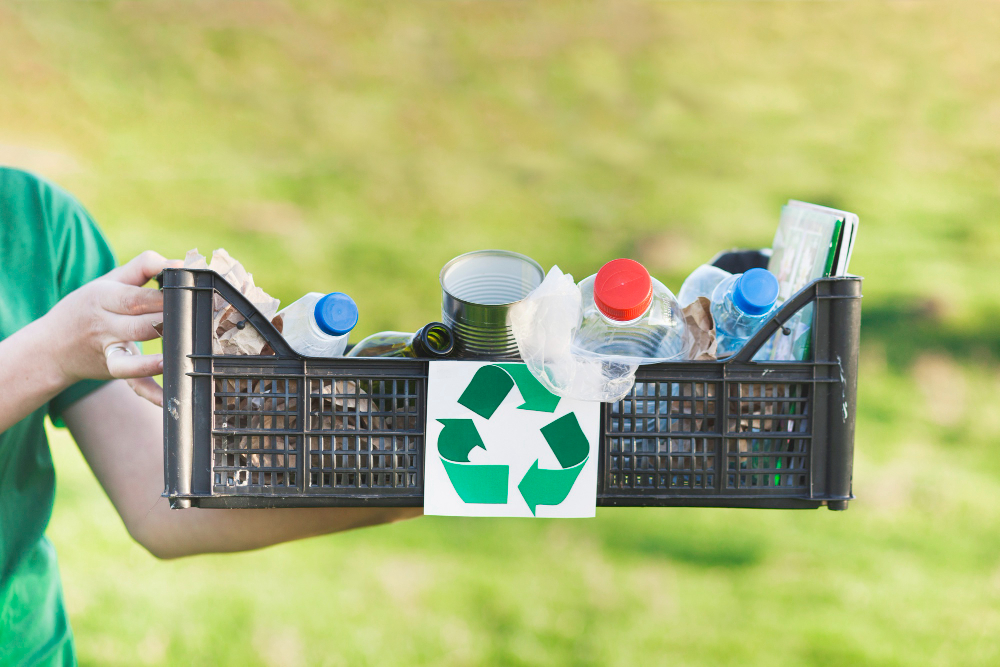
Product walkthrough, trial, POCs, enterprise offering, support and more. Speak with one of our specialists.


Product walkthrough, trial, POCs, enterprise offering, support and more. Speak with one of our specialists.

Policy and industry News

Imagine Indonesia in 2029: clean streets, clear rivers, fresh air, and no more mountains of garbage spoiling the view. This is the big dream the government is pursuing with the target of achieving 100% complete waste management by 2029.
This step began with President Prabowo Subianto’s decision through Presidential Regulation Number 12 of 2025, which locked in this ambitious target. This means that within the next four years, every plastic bag, water bottle, and leftover food must be properly processed — not just dumped in open disposal sites.
In 2025, the Ministry of Environment/Environmental Management Agency (KLH/BPLH) is targeting to resolve half of Indonesia’s waste problems. One way is by closing open dumping practices at 37 Final Disposal Sites (TPA). Going forward, from a total of 343 TPAs that still dump waste openly, all will transition to systems that are safer for the environment.
Minister of Environment Hanif Faisol Nurofiq emphasized there is no reason to delay environmental action. “The government and society must move together,” he said.
The problem is that in many regions, waste management still only consists of transporting garbage from TPS (Temporary Disposal Sites) to TPA without sorting. Organic waste is mixed with plastics, hazardous waste mixed with food scraps — making processing harder and increasing the risk of pollution.
Data from the National Waste Management Information System (SIPSN) shows that Indonesia produced 56.63 million tons of waste in 2023. But only 39.01% was properly managed. The rest? Still piling up in open landfills, towering high, polluting soil and water.
Of that amount, around 10.8 million tons is plastic. The national recycling rate is only 22%. Some regions are more advanced, such as Java (31%), Bali-Nusra (22.5%), and Sumatra (12%). But in Eastern Indonesia, challenges remain tough.
The central government is now calling on all parties: governors, regents, mayors, industries, academics, communities, and the general public to shift towards a waste management system that is circular, fair, and sustainable.
The steps have been prepared:
KLH is optimistic that with appropriate technology, clean energy, safe water, and collaboration from all stakeholders, a Clean Indonesia 2029 can be achieved.
So, now it’s time for us to act! Let’s realize a clean, healthy, and waste-free Indonesia. Small actions from us, like sorting waste at home, can be part of the big solution.
Let’s start now: separate your waste and make sure nothing ends up carelessly discarded! Together, we can make Indonesia a better place for us and for future generations.






















Jejakin’s green programs combine high-tech monitoring, biodiversity restoration, and community-led initiatives to deliver powerful, sustainable change across ecosystems.








